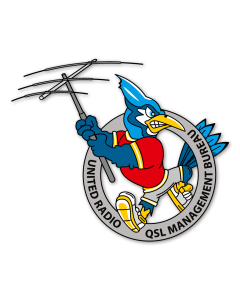 With the significant changes to International mailings now being enforced by world Customs areas, it has meant that this also effects QSL management and i believe that we are the only QSL management team in the world that has been working with our national mail provider, Royal Mail, to discuss mailing solutions and secure access to the right products to keep the direct and bureau QSL cards posted.
With the significant changes to International mailings now being enforced by world Customs areas, it has meant that this also effects QSL management and i believe that we are the only QSL management team in the world that has been working with our national mail provider, Royal Mail, to discuss mailing solutions and secure access to the right products to keep the direct and bureau QSL cards posted.
The products that we had been using for many years were getting more expensive and were not suitable in the current Covid and customs climate.
Royal Mail had made the decision that these products were going to be removed and replaced by a new stream of mailing products that had to be accessed only by an online mailing solution to give us the correct customs clearance for the Bureau dispatches, however we urgently still require IARU to discuss a unique commodity code to reflect the “0” value at customs of QSL cards. It is quite clear that we are a long way off from this if it happens at all, the result of this no action is that Bureau boxes are now attracting TAX and handling fees around the world which some IARU Bureaus are failing to understand and refusing to pay the TAX and i have to say that I predicted this as far back as 2017, which begs the question why has no action been taken to secure the future of QSL’ing?
For “Direct QSL cards” we are proud to announce that we have secured access to a new mailing product which secures a better package for our daily mailing of direct QSL cards around the world. Prices are considerably more competitive and means that there will be no price rises for your QSL requests going forward into 2022. This is great news for those that enjoy QSl’ing and excellent news for DXpeditions using our QSL services. We are very confident that our UK QSL managers are the only worldwide QSL providers that work with our national providers to give you the best QSL service out there today.


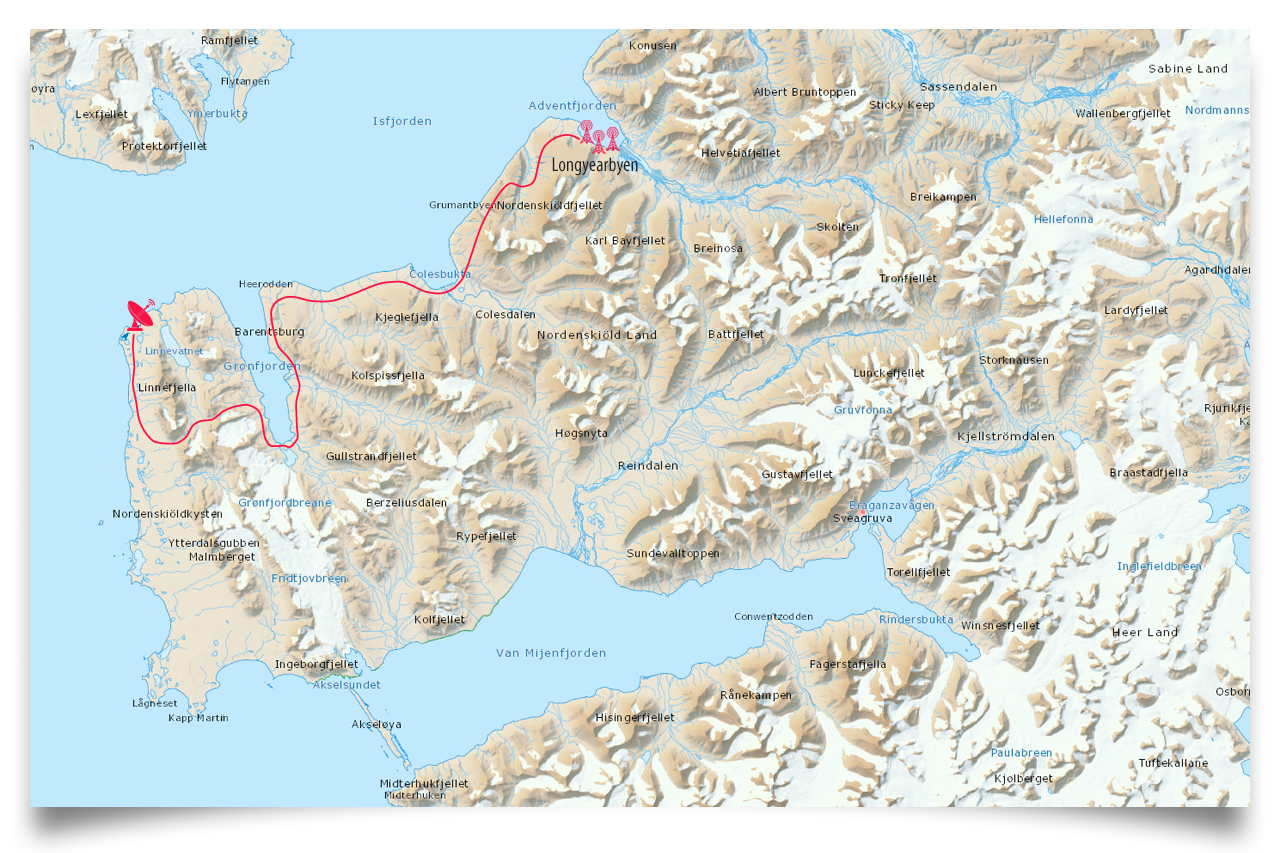
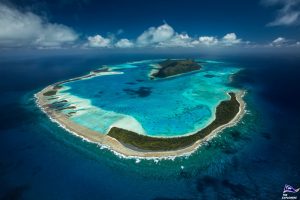
 Thank you for the excellent feedback on my last Blog entry regarding the Universal Postal Union UPU’s postal regulations called Electronic Pre Delivery Advice Data that was introduced in 2017. I have had some emails asking for a further explanation and understanding of the new postal regulations.
Thank you for the excellent feedback on my last Blog entry regarding the Universal Postal Union UPU’s postal regulations called Electronic Pre Delivery Advice Data that was introduced in 2017. I have had some emails asking for a further explanation and understanding of the new postal regulations. 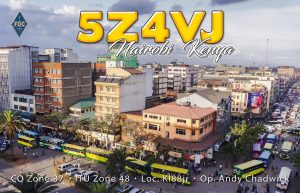
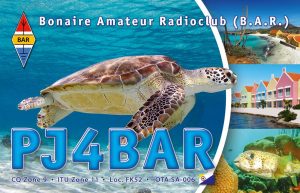
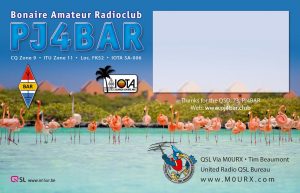
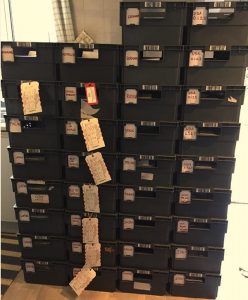
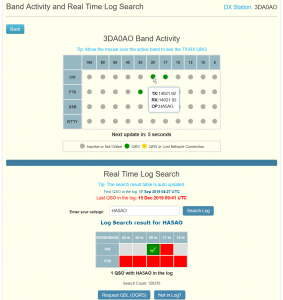 Continuing with our Blog Series exploring the features of Bespoke OQRS and how you as a DX’er or DXpedition Team can use our tools and features to enhance your DX experience. Today we look at the Band Activity Module / Live logging tool which is available for any of the managed call signs on Bespoke OQRS. This feature can be enabled on our “Logsearch Configuration” tool by the QSL manager.
Continuing with our Blog Series exploring the features of Bespoke OQRS and how you as a DX’er or DXpedition Team can use our tools and features to enhance your DX experience. Today we look at the Band Activity Module / Live logging tool which is available for any of the managed call signs on Bespoke OQRS. This feature can be enabled on our “Logsearch Configuration” tool by the QSL manager.